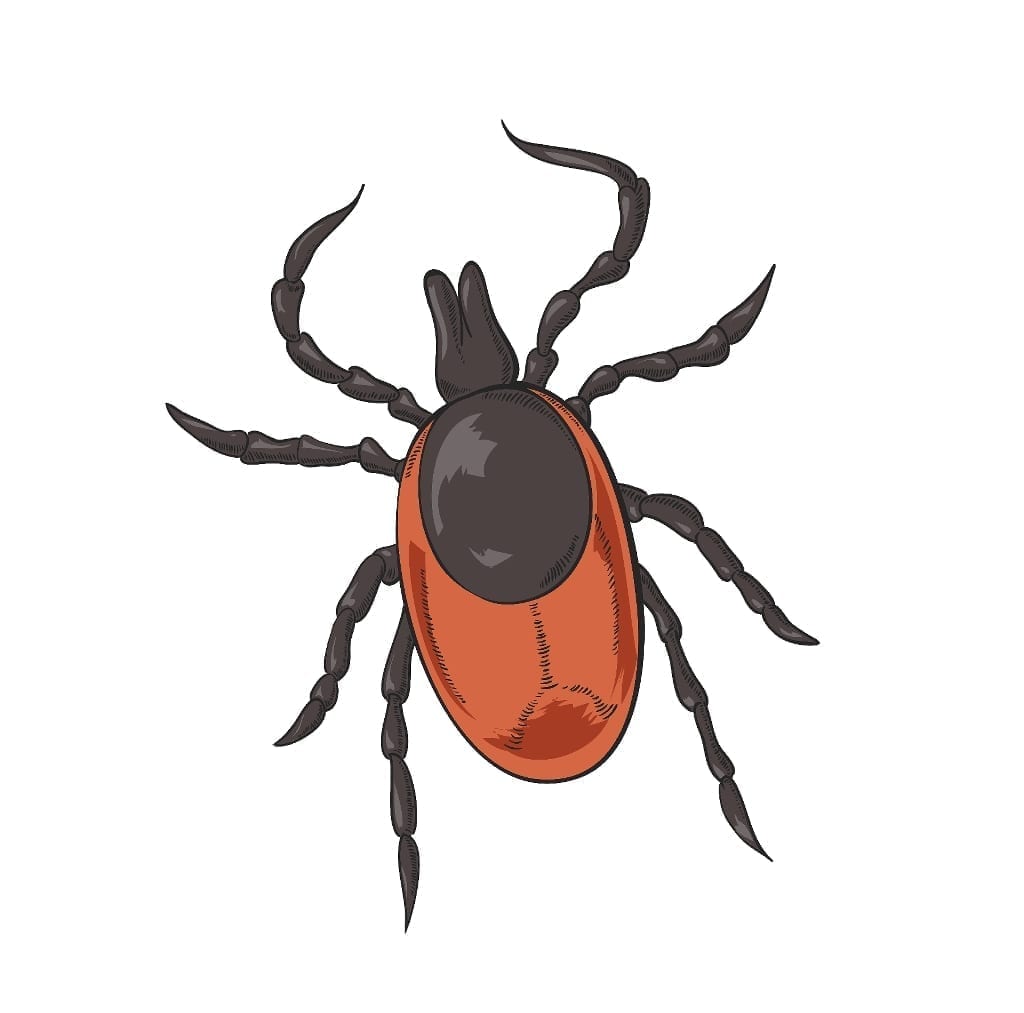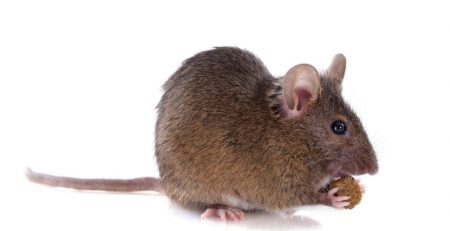Lone Star Tick Bite Can Cause Allergies to Meat
The lone star tick, also playfully known as the “reverse zombie” tick, is on the move throughout the US and is spreading a new symptom as it goes – an allergy to meat. James Felton reported that just one bite from this breed of tick “and you can develop a life-threatening allergy to a sugar molecule found within red meat.”
This symptom was identified by an immunologist who realized that a group of cancer patients who were being treated with the drug cetuximab and those patients in the southeast were 10 times more likely to report symptoms than those in other areas of the country. Thomas Platts-Mills worked with the drugs distributor and found that the symptomatic patients all had antibodies for galactose-alpha-1,3-galactose (alpha-gal), a sugar found in meat. This sugar is also present in cetuximab. Further research uncovered that 80% of the allergic patients reported being bitten by a tick.
Researchers are still trying to determine exactly what it is about this tick’s saliva that triggers this strong reaction to alpha-gal, however, epidemiologist Dave Neitzel told the Herald Review “There’s a lot we don’t know about the allergy. It’s too early to really say anything definitive.”
Currently, the only way to protect yourself against this type of tick is to use DEET in areas where they are present. What is also instigating a growing cause for concern is how far these ticks are migrating. While they appear to have initially been concentrated in the eastern, southeastern and midwestern US, they are now being found further north and west than ever before. The CDC describes the lone star tick as “a very aggressive tick that bites humans.” Adults female lone star ticks are “distinguished by a white dot or ‘lone star’ on her back”. This adds to the growing list of tick-borne diseases such as Lyme, Rocky Mountain spotted fever, tick paralysis and ehrlichiosis. According to pest.org, these diseases can affect both humans and pets, so it’s important to check everyone after time spent outdoors.














